Bekir Topuz noted that although many sectors in Türkiye have established recycling systems, stainless steel still lacks a functioning recycling mechanism. He explained:
“Normally, in Türkiye, almost everything can be recycled — from glass to silver, from plastic to gold. Industrial waste is sent to recycling plants, where it is converted back into raw material. However, the only raw material that cannot be recycled domestically is stainless steel, because there is no factory for it here; it is not produced in Türkiye. For 14 years, we’ve been paying a 12% tax on a product that isn’t even manufactured locally, and on top of that, anti-dumping investigations are launched. There is only one company considered a producer in Türkiye, and what they do is import thick stainless steel and thin it here. This company profits USD 50–60 million a year, while all other local producers are burdened with extra taxes. As a result, prices increase, and we risk losing our markets. These unfair taxes on stainless steel in Türkiye must be removed immediately.”
"We Sell for USD 115 Million, Re-Buy for USD 285 Million"
Topuz emphasized that due to the lack of a stainless steel plant in Türkiye, recycling is not possible, forcing the country to export valuable scrap abroad. “Every year, Türkiye imports 650,000 tons of stainless steel, of which 100,000 tons become scrap and are directed to recycling. In other words, we are forced to sell this scrap abroad for USD 115 million and then buy it back for USD 285 million. If an integrated stainless steel factory could be established here, this money would stay in Türkiye. While the scrap of every other material remains in the country and is recycled into the economy, stainless steel is the only one being exported. We even import scrap aluminum, copper, and other metals to process them here — yet we send our own stainless steel, which is far more valuable, abroad,” he said.
Call for an Integrated Plant
Topuz stressed that the solution for keeping the value of this product within Türkiye is to establish an integrated stainless steel plant in the country. However, due to the high cost of such an investment, he noted that it is not feasible for a single company and must be supported by the government. He stated that the factory should have a minimum capacity of 1 million tons and that this investment is of strategic importance for Türkiye. Topuz added that they have been conveying these views to relevant authorities at every possible platform. He emphasized that such a plant would meet all of Türkiye’s domestic demand, improve access to products, and also create new export opportunities.
Exports Remain Strong, but Chinese Imports Are Growing Rapidly
Topuz stated that exports in the industrial kitchen sector are progressing at a similar pace to last year, with a total of USD 3 billion achieved in the first seven months. He expects the year to close at around USD 5.7 billion. “The industrial kitchen sector has always been among the strongest in terms of exports. We export to more than 100 countries. However, profitability, as in all sectors, has dropped significantly. On average, we’re seeing profits cut nearly in half. Despite all economic challenges, I want to highlight that investments in the sector are still ongoing. We are aware of five major investment projects, all of which will contribute significantly to employment. However, these investments are being made using equity capital. Given current interest rates, it’s very difficult to take out loans for new investments,” he said.
Cheap Imports from China Threaten the Market
Topuz also pointed to a sharp increase in imports from China, especially in home-type kitchenware. He noted that imports from China alone increased by USD 1 billion last year. He explained that this was largely due to the additional taxes on stainless steel and the speculation around anti-dumping measures. “Many suppliers who worked with large companies lost their business. Since local production became more expensive, companies turned to China for cheaper imports. Unfortunately, the import trend that began last year is continuing this year as well. Every day, we see a growing tendency towards import dependency in industry. We consider this a serious threat to our industrial base,” he concluded.


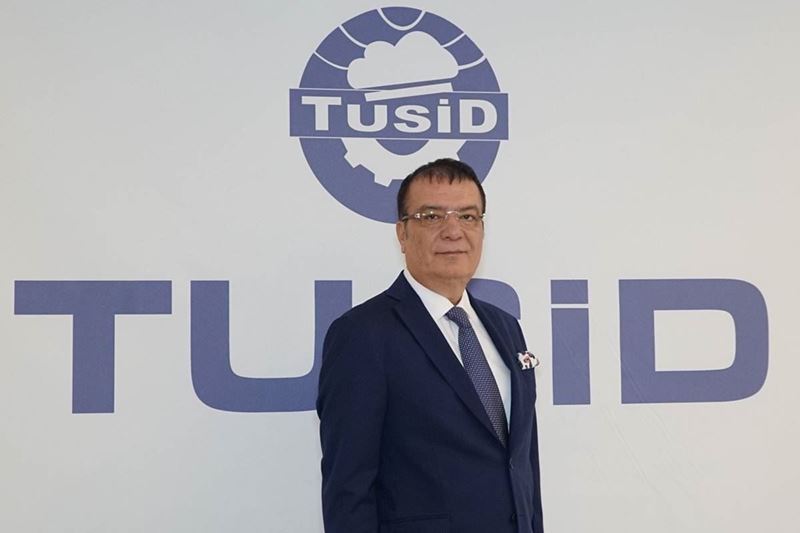

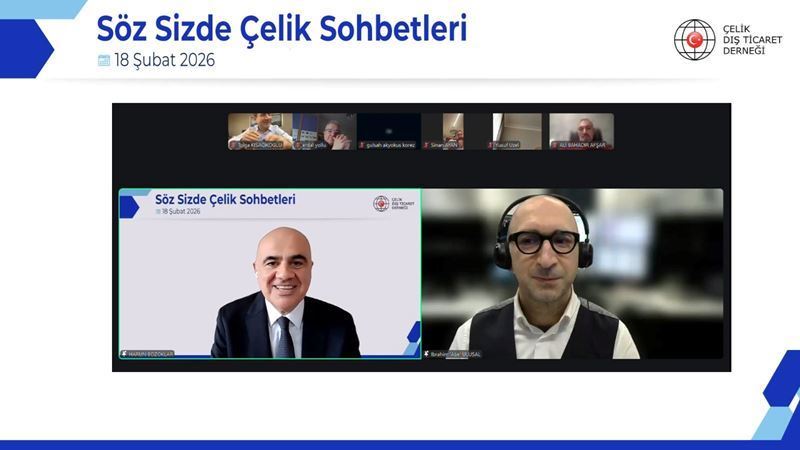
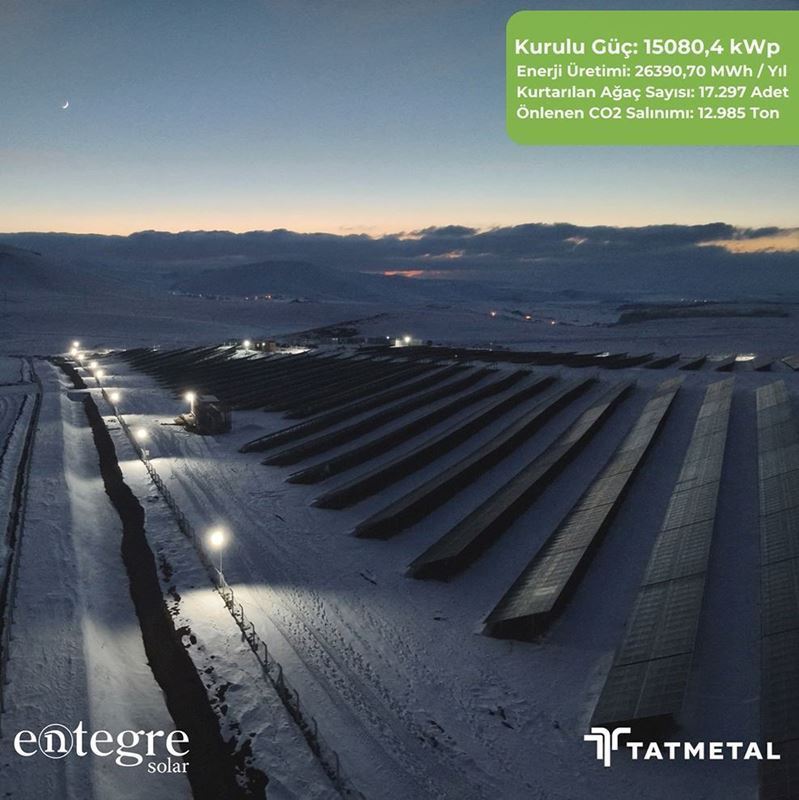
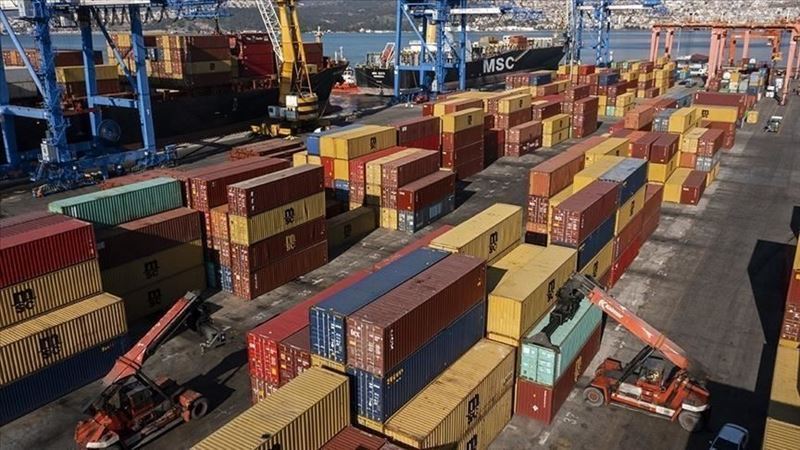
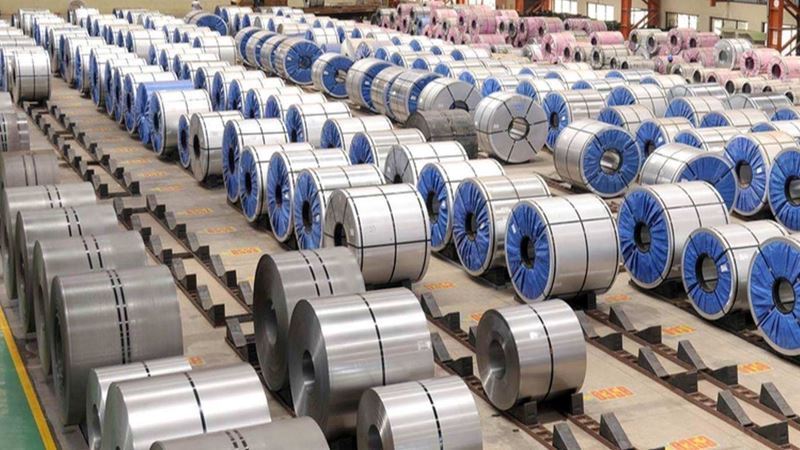



Comments
No comment yet.